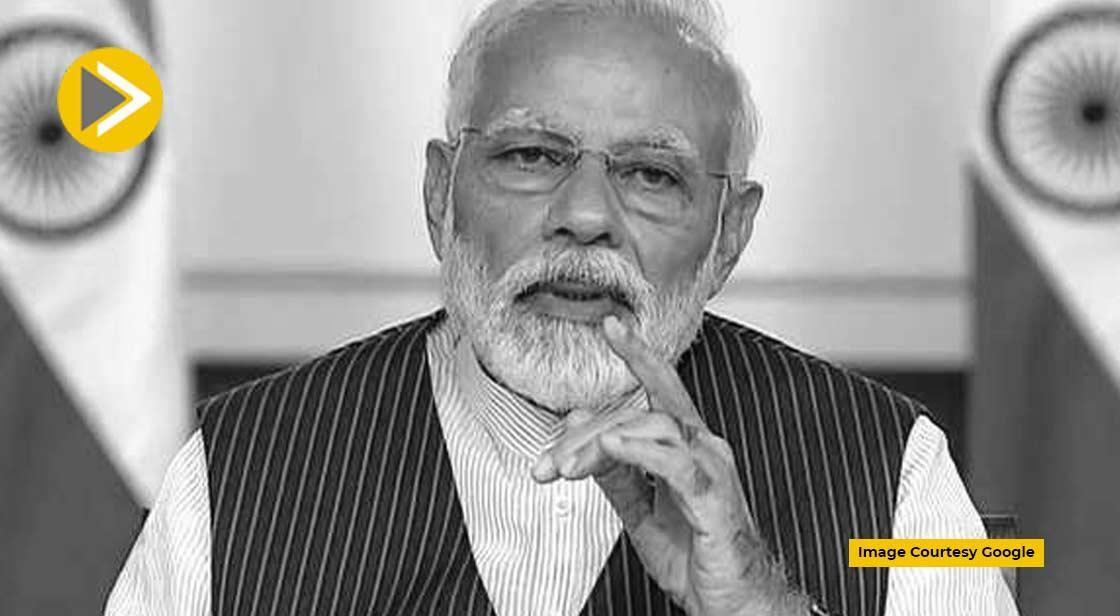PM Modi and UK’s Starmer Seal Historic India-UK Free Trade Deal

News Synopsis
Prime Minister Narendra Modi and UK Prime Minister Keir Starmer have officially announced the successful conclusion of the long-anticipated India–UK Free Trade Agreement (FTA), alongside the Double Contribution Convention. The announcement marks a pivotal moment in the deepening of bilateral ties, reflecting years of negotiation aimed at enhancing economic cooperation.
A Milestone in the Comprehensive Strategic Partnership
Both leaders hailed the agreements as historic, describing them as a major milestone in the Comprehensive Strategic Partnership between the two countries. The FTA is expected to serve as a cornerstone for future collaboration across sectors including trade, innovation, and climate resilience.
Driving Innovation, Employment, and Sustainable Growth
Emphasizing the mutual benefits, PM Modi and Starmer highlighted the transformative potential of the agreement in driving innovation, creating jobs, and fostering sustainable economic growth. As two of the world’s largest open-market democracies, India and the UK see the agreement as a mechanism to amplify investment flows and modernize supply chains.
Boosting Bilateral Trade and Investment
The Free Trade Agreement is projected to significantly enhance trade volumes in both goods and services. By removing tariffs and reducing regulatory barriers, the deal is expected to boost market access for industries ranging from manufacturing to financial services and digital trade. This could translate into improved standards of living and expanded economic opportunities in both nations.
Deepening People-to-People and Cultural Ties
Beyond economics, the leaders underlined the role of the FTA in strengthening people-to-people ties. The agreement is expected to ease the mobility of professionals and skilled workers, encourage educational exchanges, and support cultural cooperation between the Indian and British populations.
A Key Element in the UK’s Plan for Change
UK Prime Minister Keir Starmer reiterated that the FTA aligns with the UK government’s Plan for Change — a strategy aimed at revitalizing the UK economy through global partnerships. Strengthening ties with dynamic economies such as India is a vital component of this vision for long-term economic security and resilience.
Setting the Stage for Global Market Leadership
According to both leaders, the agreement will unlock joint opportunities for co-developing products and services aimed at global markets. By leveraging complementary strengths in sectors such as technology, pharmaceuticals, and clean energy, the FTA sets the stage for shared leadership in global trade and innovation.
Future Commitments and Diplomatic Engagement
PM Modi extended a formal invitation to Prime Minister Starmer to visit India, reaffirming the commitment to maintaining strong diplomatic channels. Both leaders agreed to stay closely engaged as they work towards achieving the shared goals outlined in the agreement.
Conclusion: A New Chapter in India-UK Relations
The successful finalisation of the India-UK Free Trade Agreement signals the beginning of a new chapter in the strategic and economic partnership between the two nations. With provisions designed to drive growth, boost employment, and enhance cross-border collaboration, the FTA is poised to be a blueprint for future international trade agreements.
You May Like









